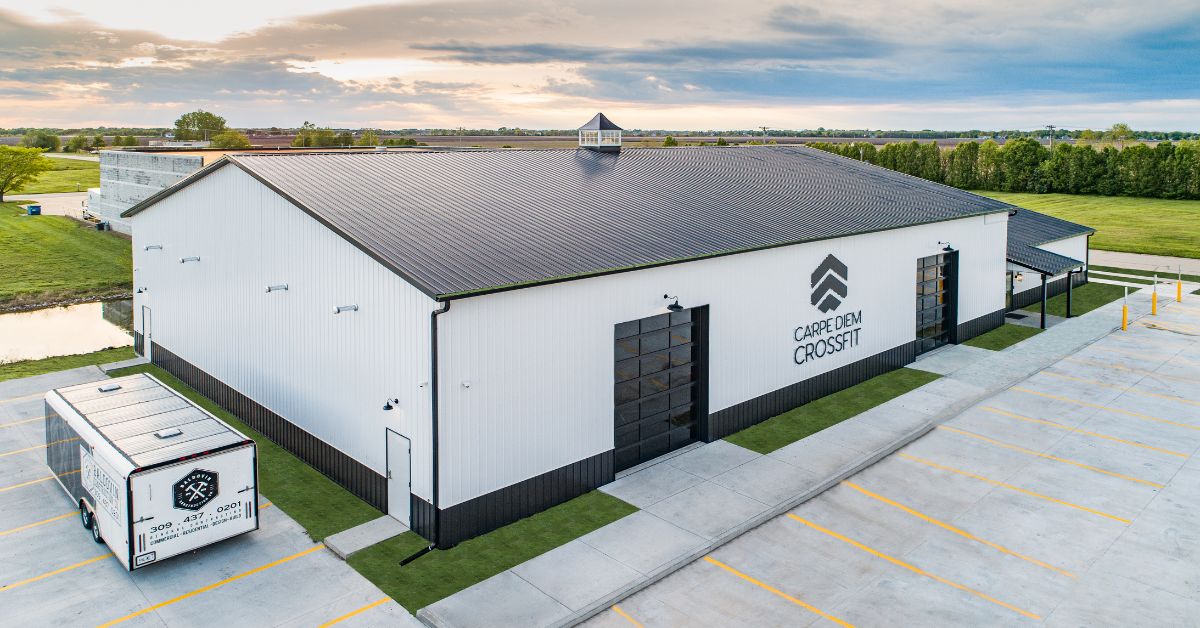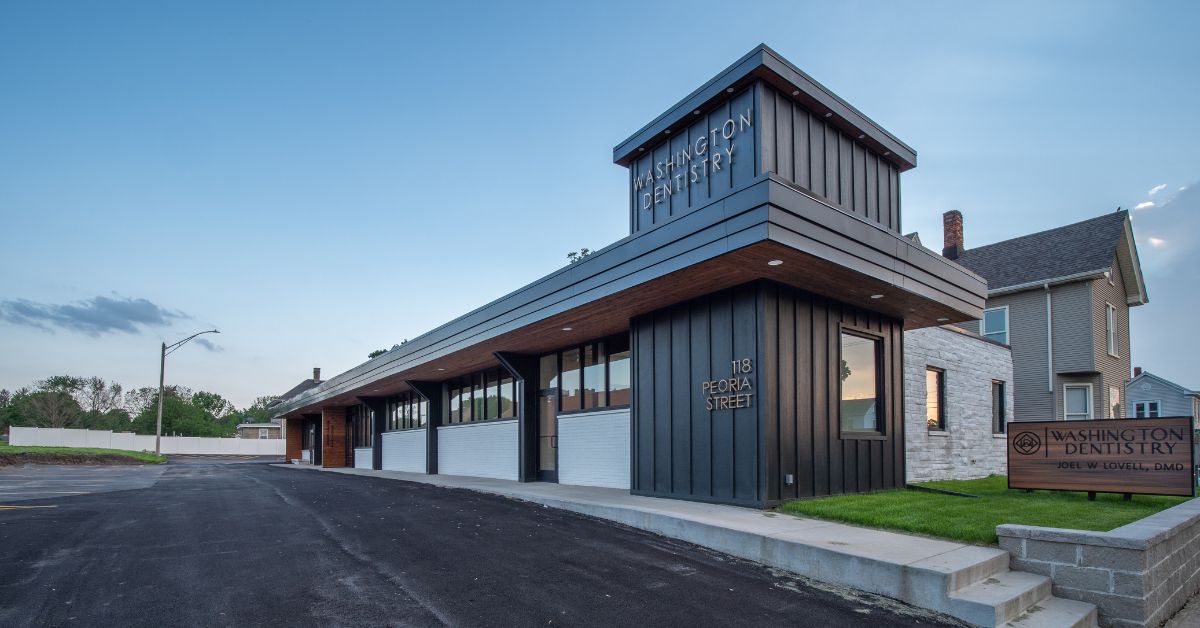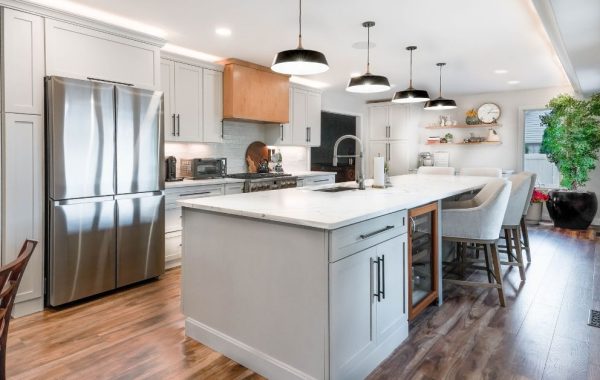
How To Budget for Your Next Commercial Construction Project
Commercial property construction requires meticulous planning, strategic decision-making, and a clear understanding of your budgetary constraints. Whether you’re building a small office space, a large retail facility, or an industrial complex, every decision you make will impact your business operations and financial health.
Budgeting lays the foundation for a successful project, aligning resources with your goals and minimizing unexpected costs. Learning how to budget for your next commercial construction project will help you allocate financial resources wisely and ensure your project stays on schedule and meets quality standards.
Define the Project Scope and Objectives
Before creating a budget, you must thoroughly understand your construction project’s goals. What is the type of facility you aim to build? How large will it be? What functionality and layout are necessary? The answers to these questions will influence everything from the design concepts to material selection.
Establishing the scope helps you identify specific budgetary needs early on and minimizes the likelihood of scope creep during the construction process. Collaborate with a design team and experienced builders to ensure realistic and achievable goals from the start.
Conduct a Feasibility Study
Once you outline your project’s scope, the next step is to evaluate its feasibility by conducting a detailed analysis. A feasibility study assesses location suitability, zoning regulations, utility requirements, and overall project viability. This step clarifies whether your goals align with your financial capacity and timeline.
Feasibility studies help determine potential hurdles that could increase costs, such as environmental impact studies, permits, or soil testing. Gaining these insights early allows for necessary adjustments to avoid costly setbacks later in the project.
Establish a Realistic Budget Cap
Having an upper limit on spending will maximize your financial control. Clearly define how much you can spend from the outset, and divide this budget into subsections for design, construction, materials, and contingency funds. Be honest about your available capital and financing sources, whether they include cash reserves, loans, or investor contributions.
A realistic budget cap is essential to ensuring the project doesn’t become a financial burden down the line. Predicting costs accurately while leaving some room for flexibility will safeguard you from unexpected financial strain.

Obtain Accurate Estimates
Obtaining quotes and cost estimates from industry experts is vital to budgeting. This includes working with architects, engineers, contractors, and material suppliers. Request detailed breakdowns of costs for labor, equipment rentals, and building materials.
Professional commercial builders will provide a clearer picture of potential expenses, especially those with extensive commercial portfolios. It’s also helpful to shop around for bids to compare rates and evaluate providers based on their expertise rather than just the cheapest price point.
Account for Design and Engineering Costs
Design and engineering expenses can make up a significant portion of your total project expenses, but they lead to better functionality and long-term savings. These costs include hiring architects and engineers to create blueprints, obtain environmental approvals, and ensure compliance with local building codes.
Whether your project is highly technical or straightforward, factor these costs into your budget upfront. Cutting corners at this stage may result in complications or unnecessary modifications in the future.
Plan for Regulatory Fees
Commercial construction projects are subject to various permits, licenses, and regulatory requirements. Some approvals may take time to obtain, so factor these aspects into your planning. While the specifics depend on your project’s location and complexity, some common considerations include zoning permits, environmental clearances, and inspections by local authorities. Consult with experts or building consultants to ensure compliance, and budget for these fees accurately.
Evaluate Labor and Materials
Labor and materials are typically the largest expenses in a commercial construction project. To ensure cost-efficiency without sacrificing quality, research the current market rates and availability of building materials in your area. Labor costs can vary depending on project size, required expertise, and timelines.
While opting for the cheapest materials or unskilled labor might seem tempting as a cost-saving option, it may compromise construction durability and safety. Prioritize reputable contractors and suppliers to achieve optimal results within your budget.
Include Contingency Funds
Including contingency funds in the budget ensures the financial stability of any construction project, as even the best-laid plans can encounter unexpected challenges. To mitigate these risks, allocate 10-20% of the total budget toward a contingency fund serving as a financial buffer to address unexpected expenses without derailing the project.
This thoughtful planning safeguards against unforeseen disruptions and offers flexibility to reallocate unused funds toward potential upgrades or enhancements, adding further value to the final build.

Utilize Cost Management Tools and Software
Effective cost management is crucial in modern construction, and utilizing advanced tools and software can significantly enhance your ability to maintain control over project budgets. These platforms enable you to track expenses, monitor cash flow, and generate accurate financial reports in real time, ensuring you remain aligned with your financial goals.
By integrating features such as project scheduling, cost tracking, and resource allocation, these tools provide a unified approach that streamlines operations and minimizes the risk of budget overruns. The real-time data and insights empower you to identify deviations promptly, make data-driven decisions, and enhance transparency.
Monitor Post-Construction Expenses
Monitoring post-construction costs ensures the long-term success of a project. These expenses can include routine facility maintenance, utility setups, landscaping, and the installation of essential operational equipment, all necessary to transition the property into functional use.
Unforeseen costs may arise from repairs, adjustments, or warranty services that you must address promptly to maintain the quality and safety of the structure. A proactive approach to tracking and managing these expenditures will mitigate potential financial risks and help streamline operational processes, ensuring the property remains fully functional and efficient over time.
By following these guidelines and preparing for every project stage, you can achieve your vision effectively and efficiently. Budget for your next commercial construction project through careful planning, a detailed cost analysis, and collaboration with industry professionals. A clear, well-managed budget forms the foundation for the long-term success of your commercial undertaking and ensures high-quality results.



